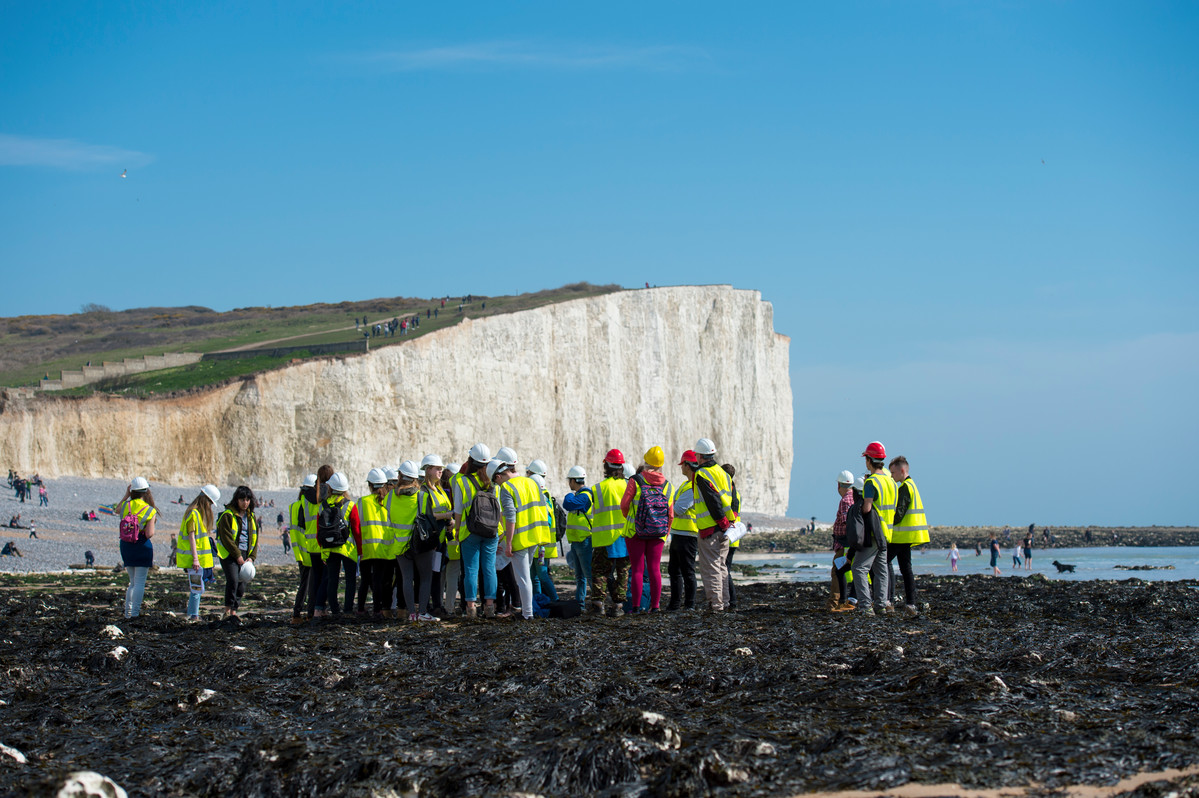Geography
Study for a semester or year at our award-winning School of Global Studies*. Browse our geography modules below, and if you're unsure what to study, follow our top tips for how to choose a module.

Browse our modules
You can see our full list of geography modules below.
Year 1
Year 2
Year 3
Not sure how to choose?
Follow our top tips for choosing your modules. You can also find out about our teaching structure, assessment process and how your credits transfer back to your home institution.
Find out more.
Which school will I study in?
You'll study in the Geography department, which is part of the School of Global Studies.
You'll learn from expert academic staff some of whom influence policy and debate.
Find out more.
Our geography research
Staff at Sussex are working on research including climate change, migration and globalisation.
Our research influences the way we teach, and you learn from academics at the forefront of their fields.
Find out more.
Contact us
If you are studying at Sussex for a semester or year and have questions, email sussexabroad@sussex.ac.uk.
*QS World University Rankings by Subject 2020. **Geography was one of the first disciplines to be established at the University in 1961. ***The Complete University Guide 2021 ****Access to facilities is dependent on the module you study. Rankings based on full undergraduate degree at Sussex.